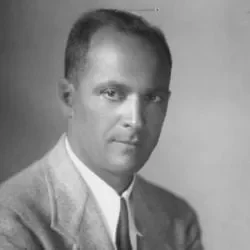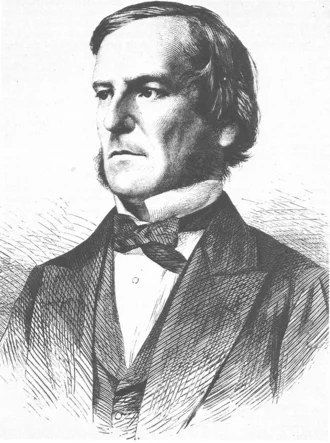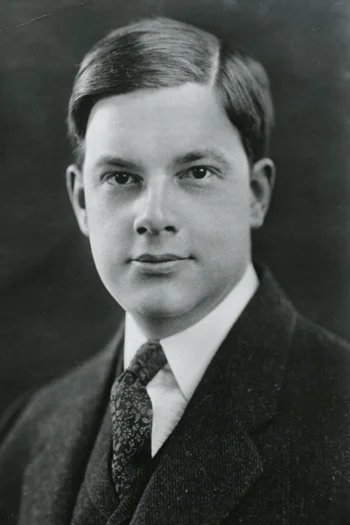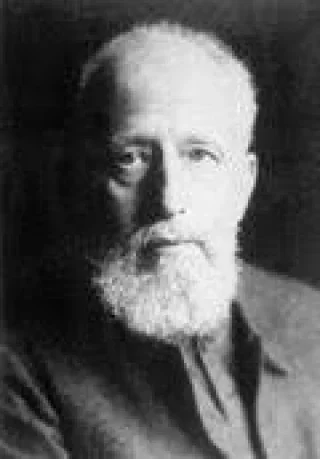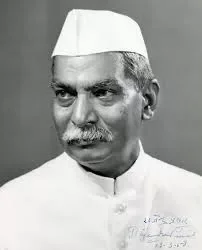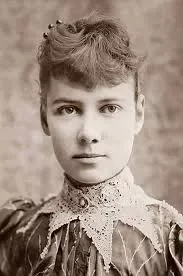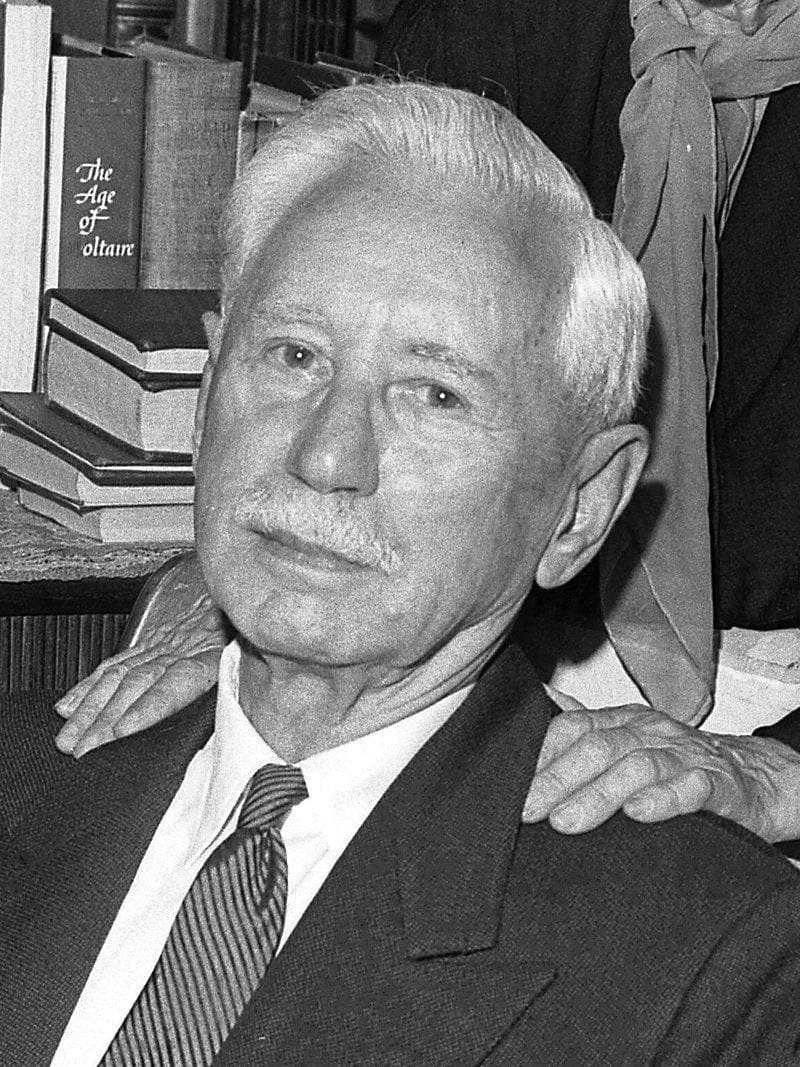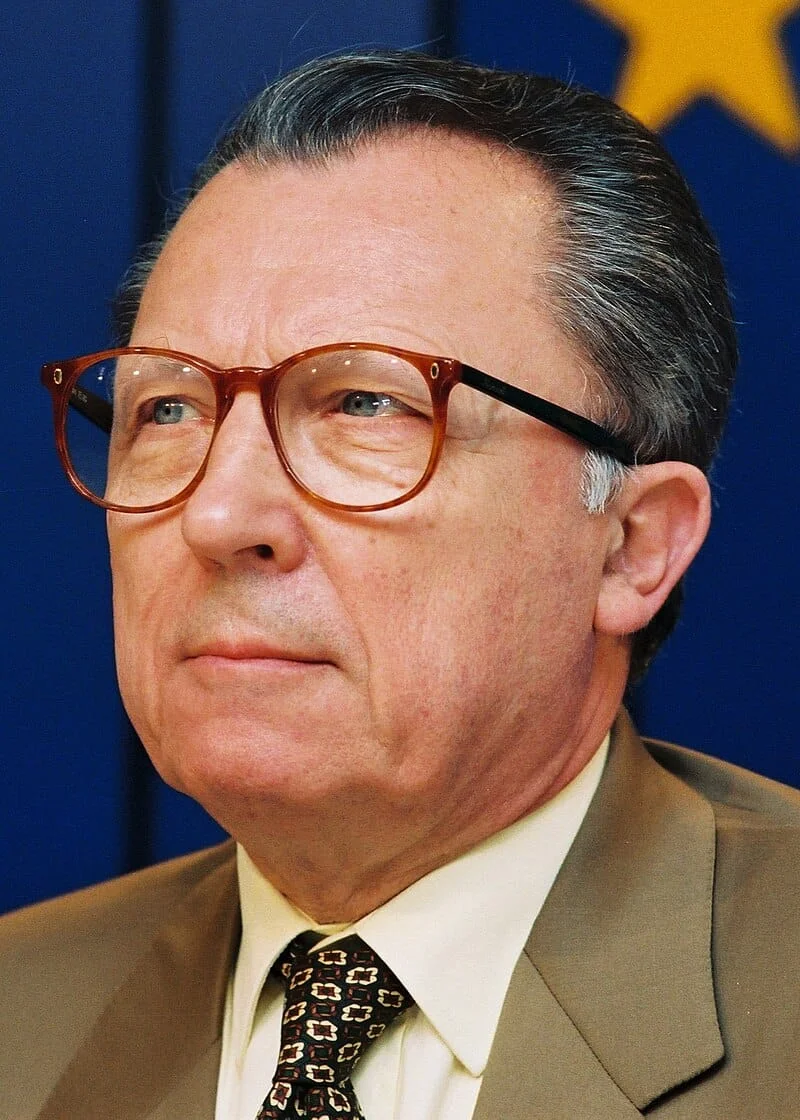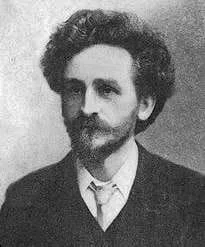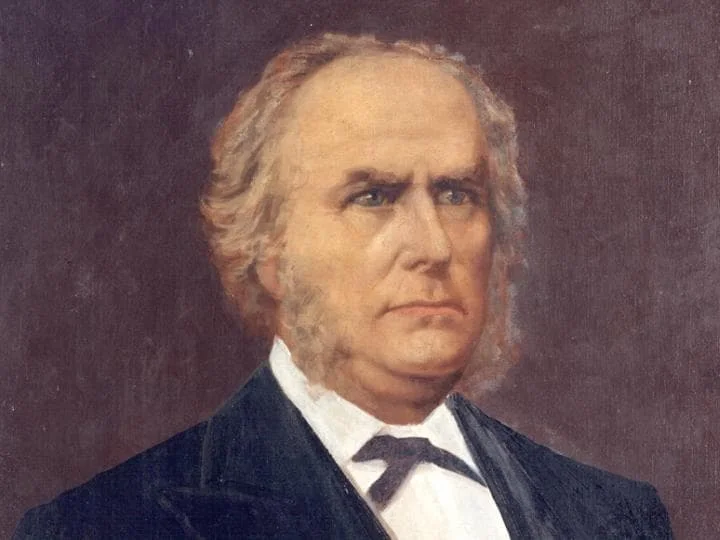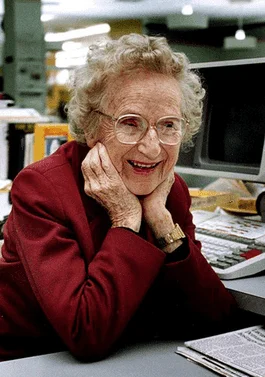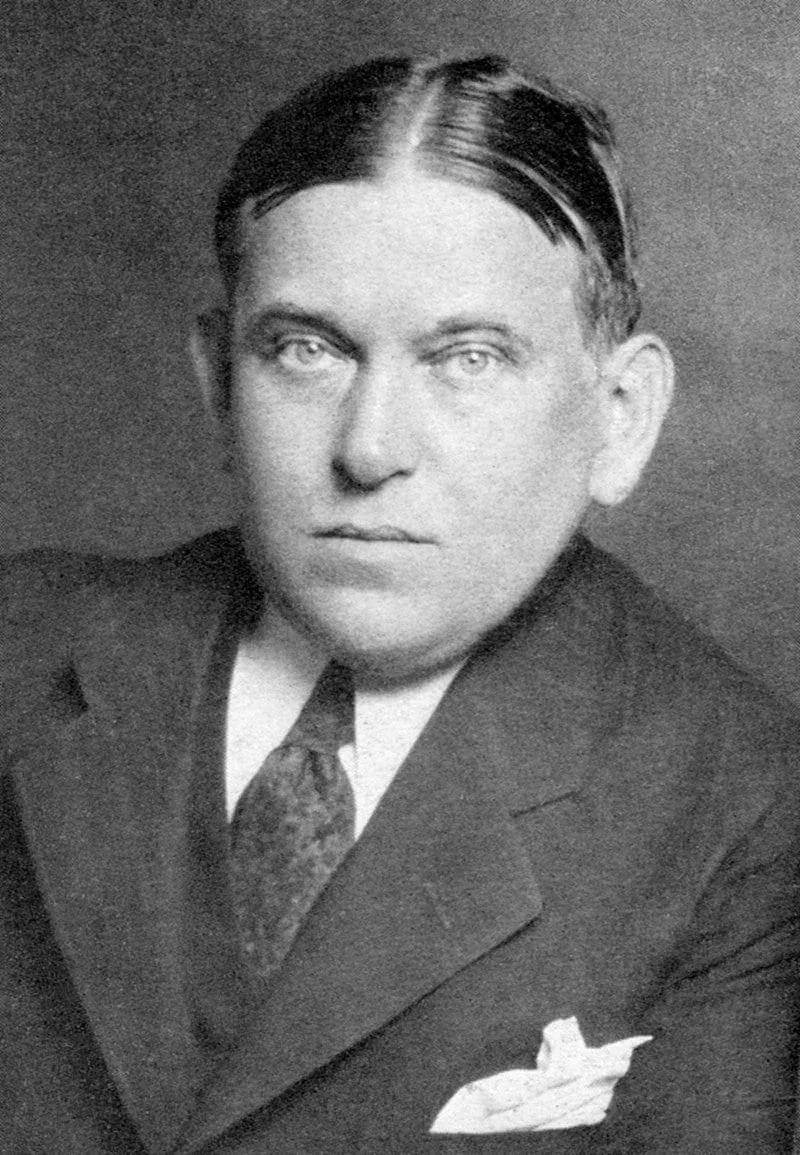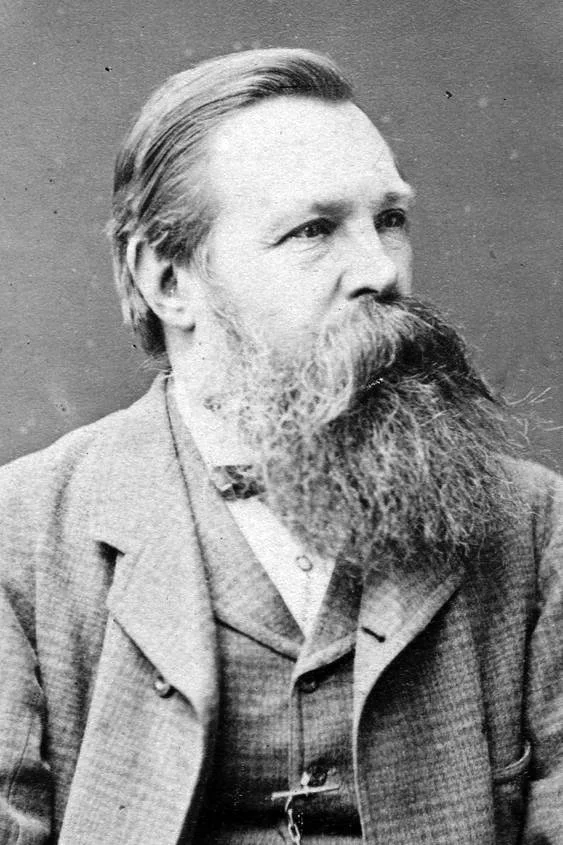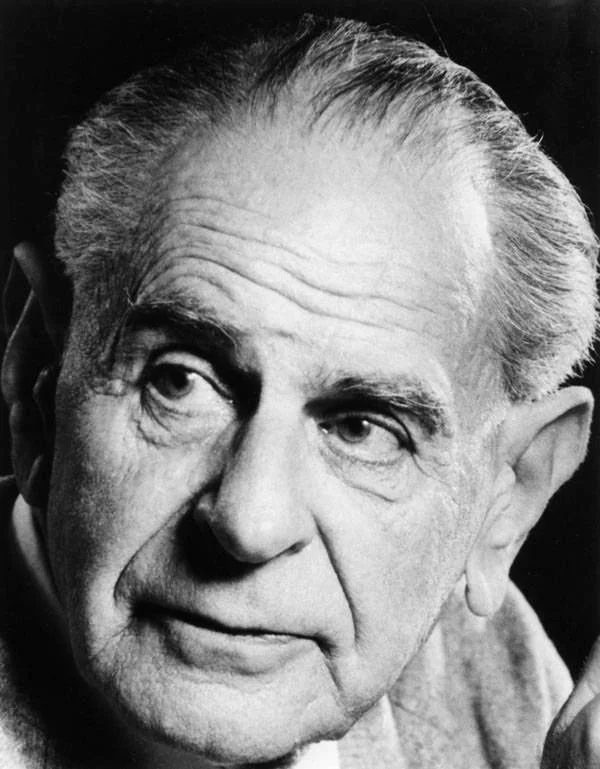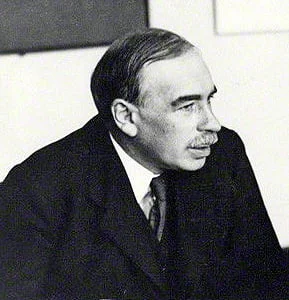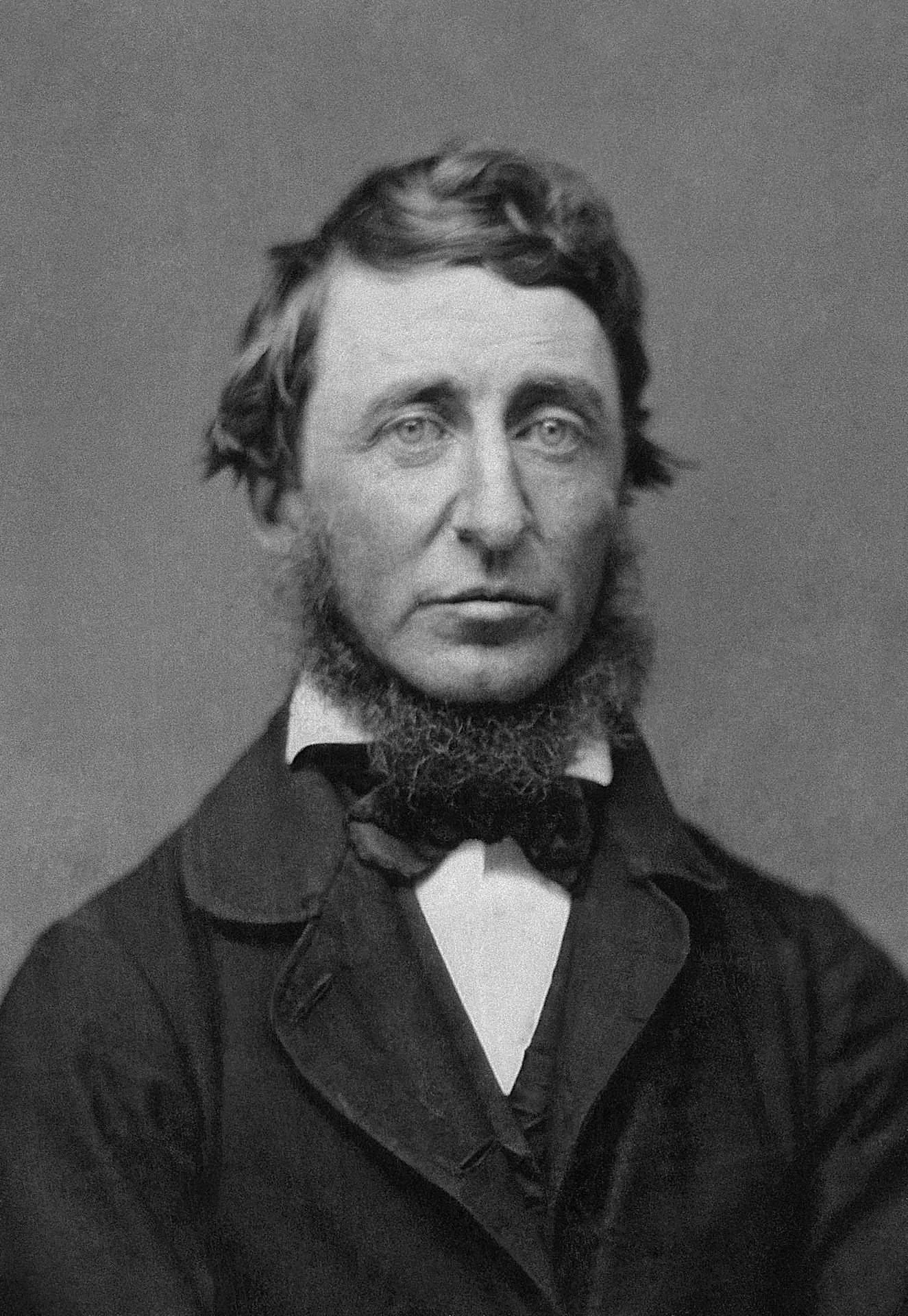Real Celebrities Never Die!
OR
Search For Past Celebrities Whose Birthday You Share
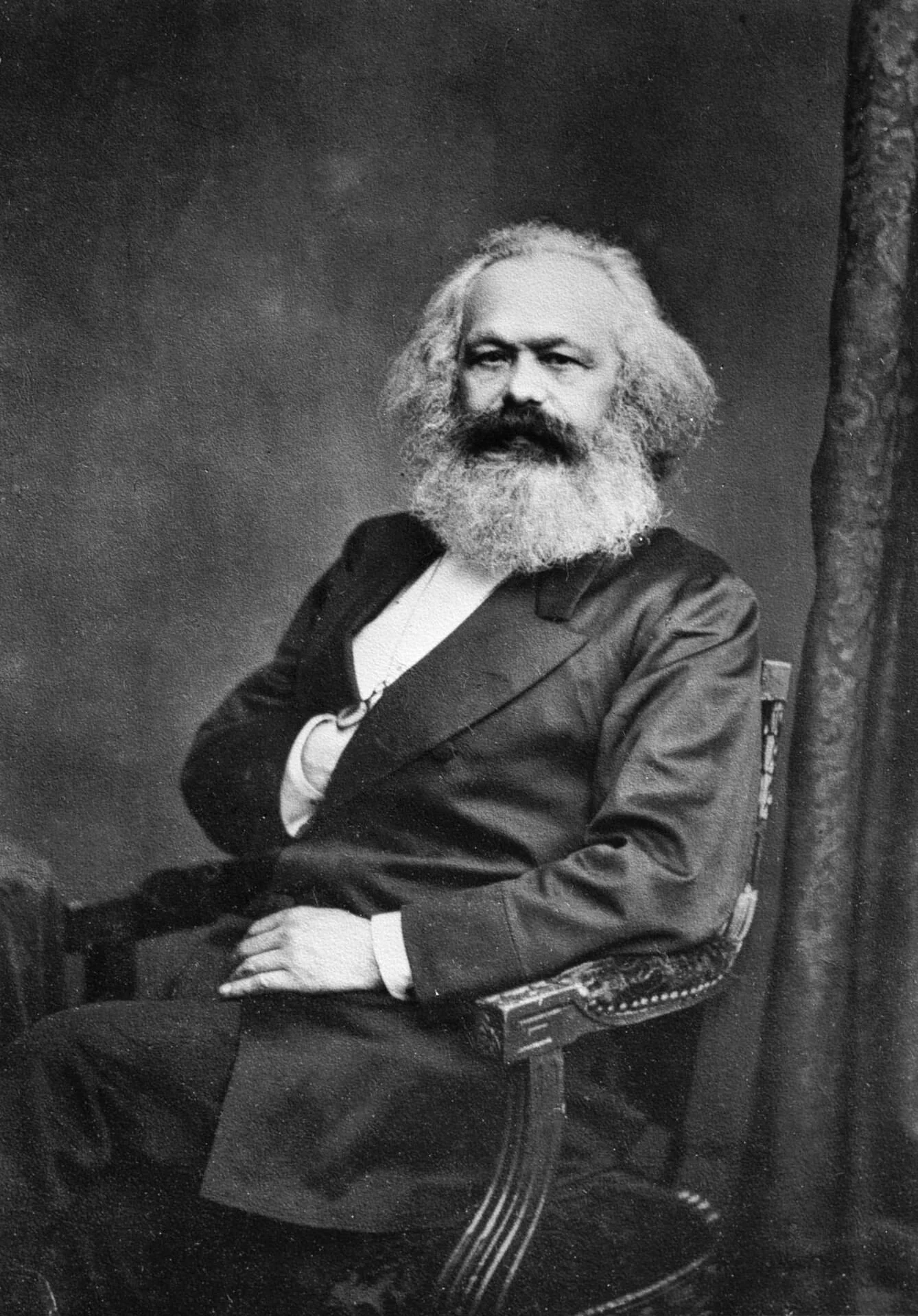
source: wikipedia.org
Karl Marx
Birthday:
05 May, 1818
Date of Death:
14 Mar, 1883
Cause of death:
Bronchitis and pleurisy
Nationality:
German, Prussian
Famous As:
Critic of political economy
Age at the time of death:
64
Karl Marx's Quote's
Early Life and Education
Karl Marx, a renowned philosopher, author, social theorist, and economist, made a lasting impact on the world with his revolutionary ideas. Born in 1818 in Trier, Prussia, Marx’s journey was marked by his relentless pursuit of social justice and his critique of the capitalist system. His works, including “The Communist Manifesto” and “Das Kapital,” continue to shape political and economic discourse to this day.
Karl Marx was born in Prussia to a middle-class Jewish family. His father converted to Lutheranism due to societal constraints, which exposed Marx to religious and cultural diversity from an early age. He studied law and philosophy at the universities of Bonn, Berlin, and Jena, where he obtained his doctorate in 1841. Upon graduation, Marx’s radical opinions precluded him from getting a job in academia, and so he turned to journalism and political activism.
Theoretical Foundations
Marx’s theories were based on his observations of the social and economic conditions of his time. He strongly believed that the capitalist system was responsible for inequality and exploitation, with the ruling class benefiting at the expense of the working class. He believed that by contradicting capitalism, it would lead to its eventual downfall, and the rise of socialism would take place, meaning that the workers would control the means of production.
Collaboration with Friedrich Engels
Marx met Friedrich Engels in Paris in 1844, and the two men became lifelong friends and collaborators. They wrote “The Communist Manifesto” together in 1848, a pamphlet discussing Marx’s key ideas and calling for workers of all countries to unite against the bourgeoisie.
Significant Works
Marx also wrote the “Economic and Philosophic Manuscripts of 1844,” which discussed topics such as alienation, exploitation, and class struggle. Marx’s seminal work, “Das Kapital,” was published in 1867 and delved into the intricacies of capitalism, exploring concepts such as surplus value and the alienation of labor.
Life in Exile
Marx’s revolutionary activities and radical views resulted in his being banned from several countries. He finally settled in London in 1849, where he lived in poverty and poor health. Nevertheless, he carried on writing and studying subjects like political economy, history, and philosophy. He also wrote his magnum opus, “Das Kapital,” which was a three-volume work that analyzed capitalism from a critical perspective.
Legacy
Marx’s contributions to modern society and culture cannot be overstated. He died in London in 1883, and he was laid to rest in Highgate Cemetery. His ideas continue to resonate in contemporary discussions about economics, politics, and social justice, influencing generations of thinkers and activists.
Name:
Karl Marx
Popular Name:
Karl Marx
Gender:
Male
Cause of Death:
Bronchitis and pleurisy
Spouse:
Place of Birth:
Trier, Kingdom of Prussia
Place of Death:
London, England
Occupation / Profession:
Personality Type
Architect: Karl Marx was a careful strategist who thought about his next actions. He liked to be prepared and always had a backup plan in place.
He married his childhood friend Jenny Von Westphalen who was older than him which was frowned up at the time in Prussia.
He was able to avoid military service due to his “weak chest”.
His love poems to his wife were left unpublished during his lifetime.
Karl Marx was most likely baptised at age 6 for political reasons.
Marx didn’t attend his father’s funeral.
Marx was banned from multiple countries such as Prussia, France, and Belgium.
Co-authored “The Communist Manifesto” with Friedrich Engels in 1848, one of the most influential political pamphlets in history.
Developed the concept of class struggle as a central force in social and historical development.
Developed the theory of historical materialism, proposing that economic systems shape social relations and drive historical change.
Formulated the labor theory of value, arguing that the value of commodities is determined by the socially necessary labor time required to produce them.
Introduced the theory of alienation, describing how workers become estranged from their labor under capitalism.
Wrote “Das Kapital” (Capital), a comprehensive critique of political economy and analysis of capitalism, published in three volumes (1867, 1885, 1894).

